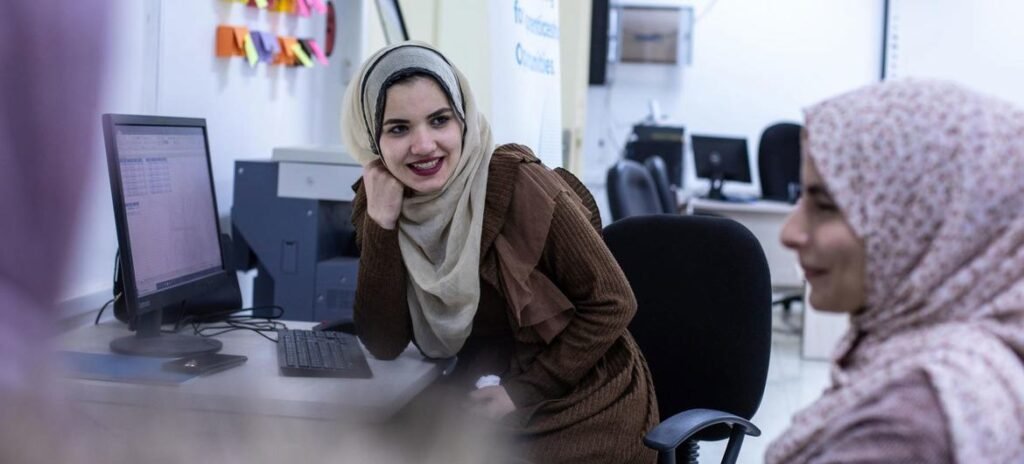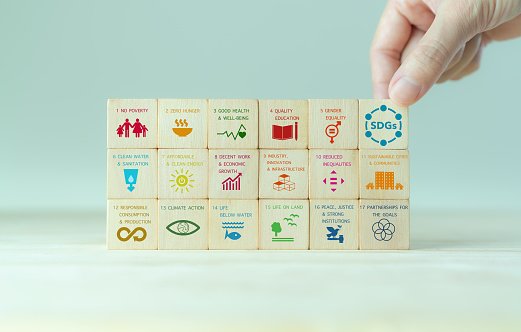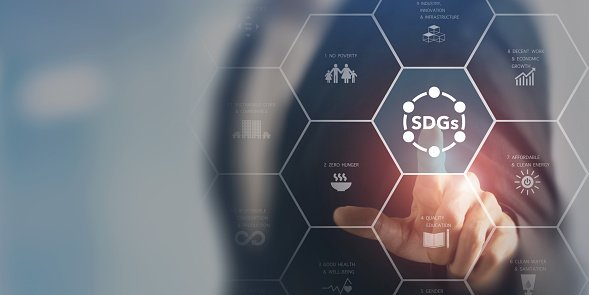Empowering women through social protection: UN rights office

On February 7th 2023, Protestors are assembling in front of Paris Opera to mobilize another round of manifestations against pension reform in France.
Long-term gender inequality is a result of social causes including early marriage and childbearing forcibly pushed upon females and the enormous quantity of domestic work. Inevitably, this has led to fewer women being able to participate in government programs like social security, insurance, or pension plans and fewer of them being able to obtain formal work. It is considerably riskier for migrant women, especially those without documentation. Even those women who are able to secure employment with benefits frequently find themselves in the lowest-paying positions as a result of their forced exclusion from the labor field due to their responsibilities for raising children and providing for the elderly. The gender gap in social security has also gotten worse due to the COVID pandemic, climatic emergencies, developing conflicts, and rising inequality. The level of poverty in Malawi is alarmingly high, and many homes cannot afford three meals per day. Yamikani, a 17-year-old activist from Malawi, has firsthand knowledge of the challenges her community faces. She noted that families in the country struggle to meet their children’s basic needs and that 60% of children there live in poverty. Yamikani stated during a Human Rights Council panel discussion that only 12.1% of Malawian children living in poverty are receiving social cash transfers, and that figure drops to only 2.1% for all children under the age of five.
Spike in dengue cases due to global warming, warns WHO

Unsplash/Shardar Tarikul Islam | Common types of mosquito-borne diseases include Dengue, Yellow fever, Chikungunya and Zika.
Dengue affects over 129 nations and poses a threat to roughly half of the world’s population, according to Dr. Raman Velayudhan, Head of the Global Programme on Control of Neglected Tropical Diseases at WHO. The primary source of dengue transmission is Aedes mosquitoes. The disease is more likely to spread in tropical and subtropical regions. Dr. Velayudhan said that its prevalence has considerably increased in recent decades. The WHO expert notes that more than 70% of the global disease burden originates in Asia. The spread of dengue fever has been influenced by a variety of variables, including climate change, greater transit by people and goods, urbanization, and strain on water and sanitation systems. There is no particular treatment or direct drug intervention available to treat dengue fever. The condition is typically treated with drugs that reduce pain and body temperature. A dengue test’s accurate results take two to three days to become available. The development of several novel methods, including improved diagnostics, has increased hope for preventing and controlling dengue. Several antivirals are undergoing clinical testing. The UN agency for health places a strong emphasis on prevention. Because mosquitoes bite during the day, people should apply repellent to protect themselves at home, in schools, and at work.
Devastating rights violations against Indigenous People must end

© UNDP Peru | Indigenous communities in Peru are growing organic coffee to boost their livelihoods.
Volker Turk, UN rights chief stated that Indigenous Peoples have the ancient knowledge to lead humanity toward a more sustainable use of the Earth’s resources, but they are routinely discriminated against and marginalized. He was referring to in-depth discussions he had recently with Indigenous representatives during trips to Colombia, Ecuador, Venezuela, and Kenya while he was speaking in Geneva at the annual meeting on the rights of Indigenous Peoples. He talked about how extractive industries have a devastating and unprincipled impact on the environment and the rights of Indigenous Peoples. According to the International Labour Organisation (ILO), Indigenous Peoples make up just over 6% of the global population but are responsible for over a fifth of the world’s destitute. This was mentioned by the UN rights chief. He maintained that their voices must be heard “in every relevant national, regional, and global conversation” and emphasized the importance of shielding Indigenous human rights advocates from abuse and retaliation. According to him, Indigenous people are most likely to continue the chain of culture because of climate change’s often-unequal consequences, which disproportionately affect those who are closest to the land. There would be more opportunities for Indigenous People to involve in the UN including in the Geneva-based Human Rights Council.
Majority of women live in countries with large gender gaps, UN report reveals

© UNICEF/Thaulow | Two young women take part in a digital skills careers programme in Jordan.
According to the report by UN Women and the UN Development Programme (UNDP), out of 114 countries studied, no country has achieved full gender parity. Around the world, just 1% of women and girls live in countries with high levels of women’s empowerment and little gender inequality in areas like health and education. Meanwhile, 3.1 billion women and girls (more than 90% of the world’s female population) continue to live in nations with large gender gaps and a lack of women’s empowerment.
In order to eliminate the complex issues that women confront around the world and offer a road map for targeted interventions and policy changes, the report proposes two new indices. The Women’s Empowerment Index (WEI) evaluates five factors to assess how empowered and free women are to make decisions and seize opportunities: health, education, inclusion, decision-making, and violence against women. The Global Gender Parity Index (GGPI) tracks gender disparities in key spheres of human development, including inclusion, decision-making, health, and education. WEI stated that Women are only able to reach 60% of their potential globally while GGPI described that females achieve key human development traits 28% less frequently than males. To advance efforts towards a more inclusive and equitable world, a comprehensive policy action for education, health, work-life balance, support for families, and violence against women is required.
References
https://news.un.org/en/story/2023/07/1138997
https://news.un.org/en/story/2023/07/1138962



